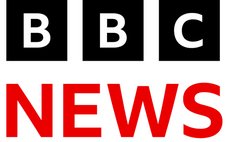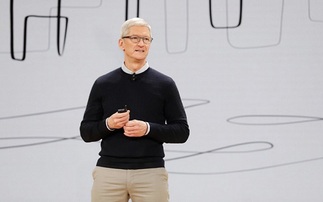Linwood defends his role in failed £100m Digital Media Initiative project
The BBC's former chief technology officer (CTO) John Linwood will take legal action against the organisation over his sacking. The BBC had sacked Linwood in July over the failed £98m digital pro...
To continue reading this article...
Join Computing
- Unlimited access to real-time news, analysis and opinion from the technology industry
- Receive important and breaking news in our daily newsletter
- Be the first to hear about our events and awards programmes
- Join live member only interviews with IT leaders at the ‘IT Lounge’; your chance to ask your burning tech questions and have them answered
- Access to the Computing Delta hub providing market intelligence and research
- Receive our members-only newsletter with exclusive opinion pieces from senior IT Leaders






















